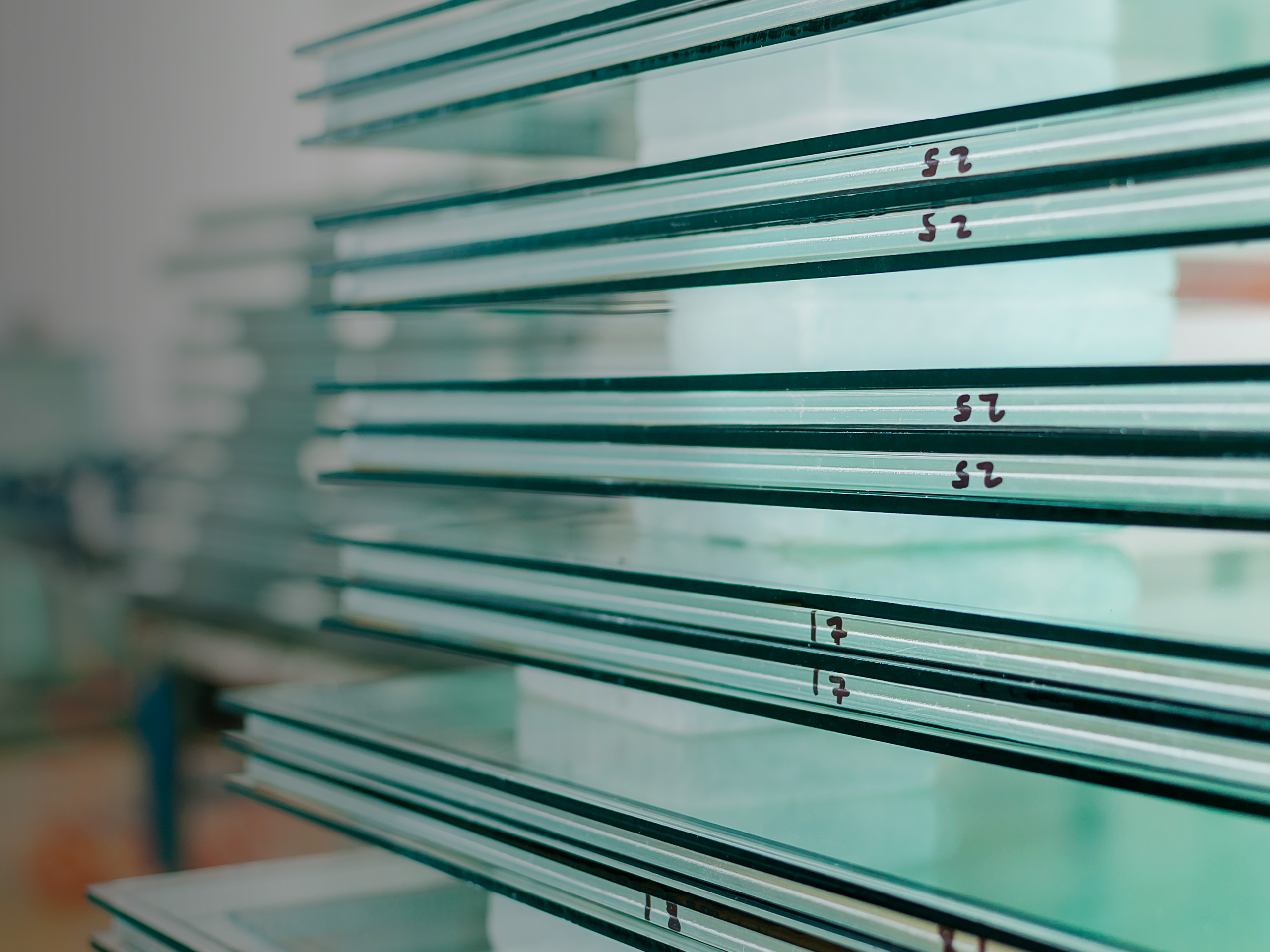Blog
Lubrication systems for grinding machines: tradition and innovation

Lubrication systems for grinding machines: tradition and innovation
Reducing glass grinding is one of the fundamental steps in the glass processing cycle, a delicate process that requires a perfect combination of precision, efficiency and continuity of production. One of the key factors that influences the quality of the final result and the durability of the machines used is lubrication, an element often overlooked but which plays a decisive role in the daily operation of a production line.
In recent years, lubrication systems technology has advanced considerably, offering solutions that not only improve machine efficiency but also increase component longevity and reduce maintenance and replacement costs.
Lubrication: key element in flat glass grinding
Grinding machines are subject to considerable wear due to friction generated during the machining process. The strength of the grinding wheels, the quality of the glass surface and the structural integrity of the machine depend largely on the efficiency of the lubrication system.Incorrect or no lubrication can lead to rapid wear of the components, overheating of the machine and an uneven glass finish, thus compromising the quality of the final result.
The most commonly used diamond and abrasive grinding wheelsoperate at very high speeds, generating friction that can lead to thermal deformation and reduce the quality of the cut or finish. Here, lubrication comes into play, which not only cools the wheels but also reduces friction between the mechanical components and the glass, facilitating continuous and uninterrupted grinding.
Types of lubrication systems
There are different types of lubricants and and lubrication systems used in glass grinding.These may vary depending on the type of machine, specific process and production requirements. Main categories include:
- Full oil lubrication (FPA): the traditional choice for many applications where high cooling capacity and excellent wear protection are required. Integral oil lubrication systems offer a good balance between cooling and lubrication, but have disadvantages in terms of lubricant dispersion and glass contamination.
- Lubrication with water-oil emulsions: the use of emulsions has become increasingly popular in recent years due to their ability to cool effectively and lower viscosity than pure oil, which allows a more homogeneous dispersion. Emulsions reduce the formation of abrasive residues and are more environmentally friendly.
- Oil mist lubrication: one of the most recent and advanced systems, which uses tiny particles of oil dispersed in the air to create a capillary lubrication in the parts that are difficult to reach. This system allows a drastic reduction in oil consumption and a very even distribution of the lubricant.
- Centralized and automated lubrication systems: one of the areas where most progress has been made is in the automation of lubrication. Centralized systems constantly monitor lubricant levels and automatically distribute it to the parts of the machine that need it, eliminating the need for manual intervention and minimizing the risk of human error. In the Lattuada grinding machines, for example, the lubrication of the guides is completely automatic thanks to a pneumatic pump and special dosing valves.
Innovations in lubricants: the importance of composition
In addition to distribution systems, technological developments have also affected the formulation of lubricants themselves. New high-performance lubricants include specific additives to reduce friction and increase resistance to high temperatures. Recent developments include:
- Synthetic lubricants: they offer greater thermal resistance and longer life than traditional mineral-based lubricants. Synthetics are particularly suitable for applications where working temperatures are high, such as in high-speed grinding machines.
- Wear-reducing additives: these advanced chemical components form a protective film between moving surfaces, drastically reducing friction and wear on grinding wheels and mechanical components.
- Environmentally friendly lubricants: with an increasing focus on sustainability, companies are developing biodegradable or low-impact lubricants that can be used without the risk of contaminating the environment or finished products.
Innovations in lubrication systems are redefining the standards for efficiency and precision in glass grinding. The benefits go beyond just reducing wear and tear: it is an overall improvement in production, which positively affects the quality of the final product, the durability of the machines and energy efficiency.
Lubrication is fundamental for the correct operation of the machine:remember to use only products recommended by us as they are the only ones able to guarantee the best performance, allowing the machine to work in optimal conditions.
Use of products that are not equal or equivalent to those recommended, may void the warranty.
Do you want to improve the overall performance of your glass grinding machines?
Presta attenzione alla lubrificazione, utilizza solo prodotti consigliati, scegli Adelio Lattuada!










